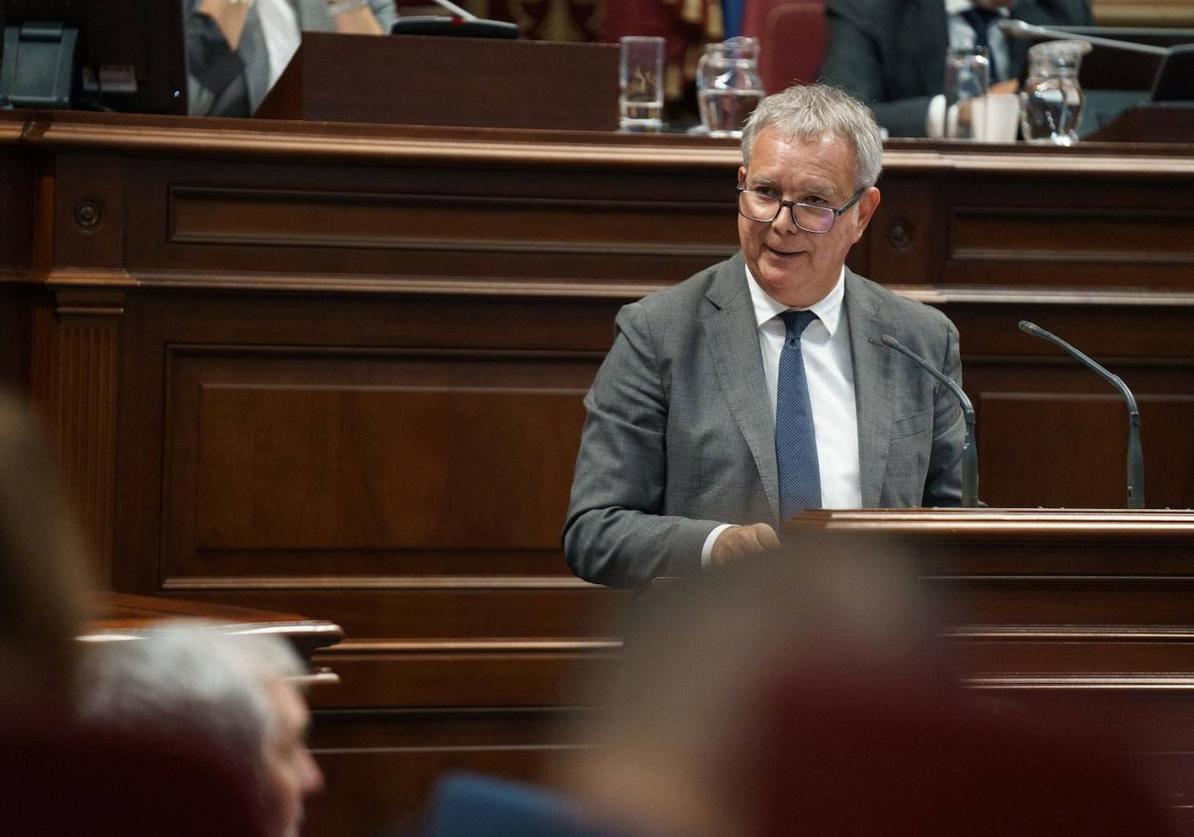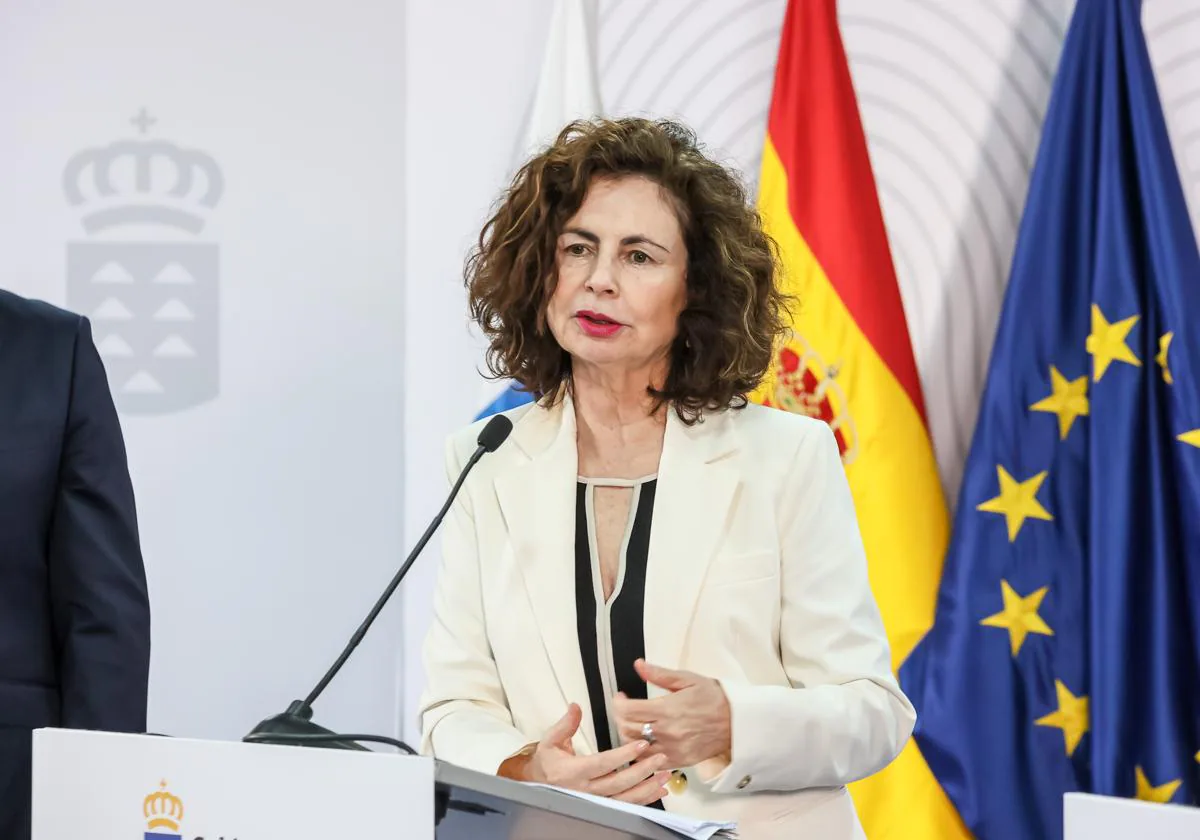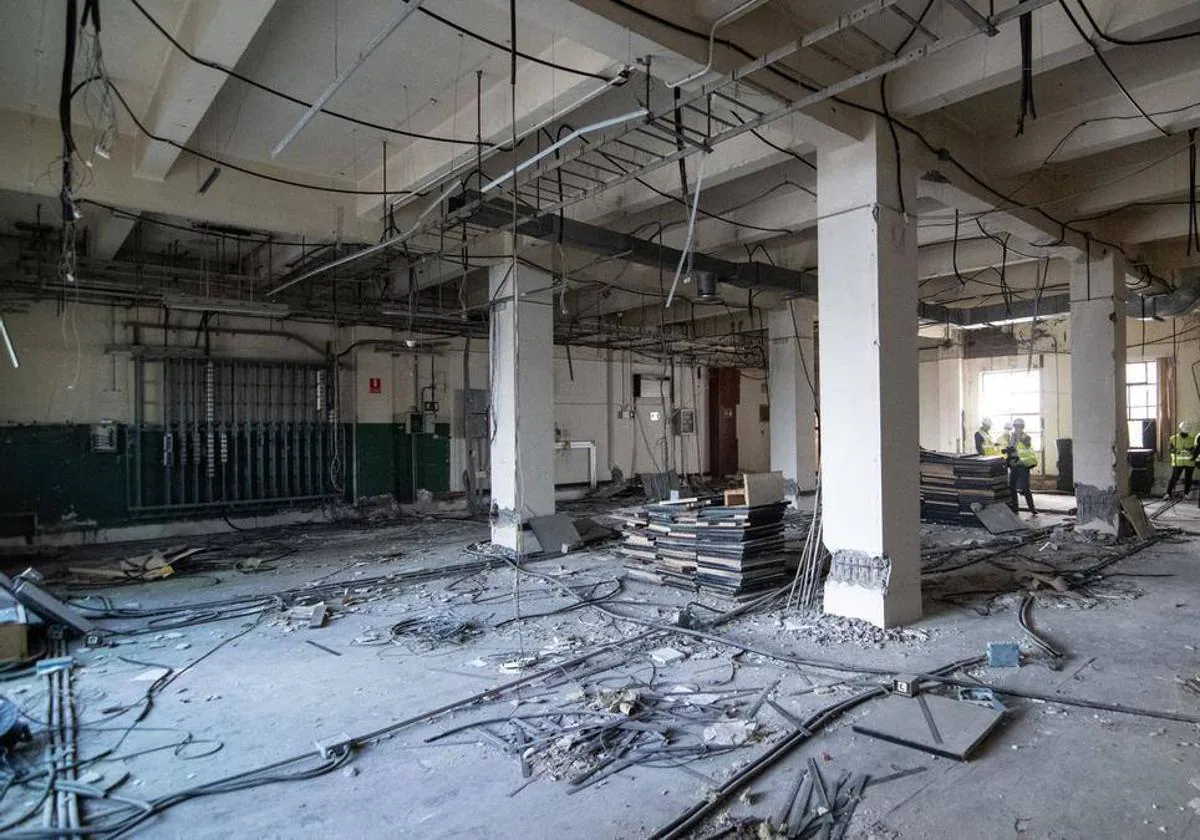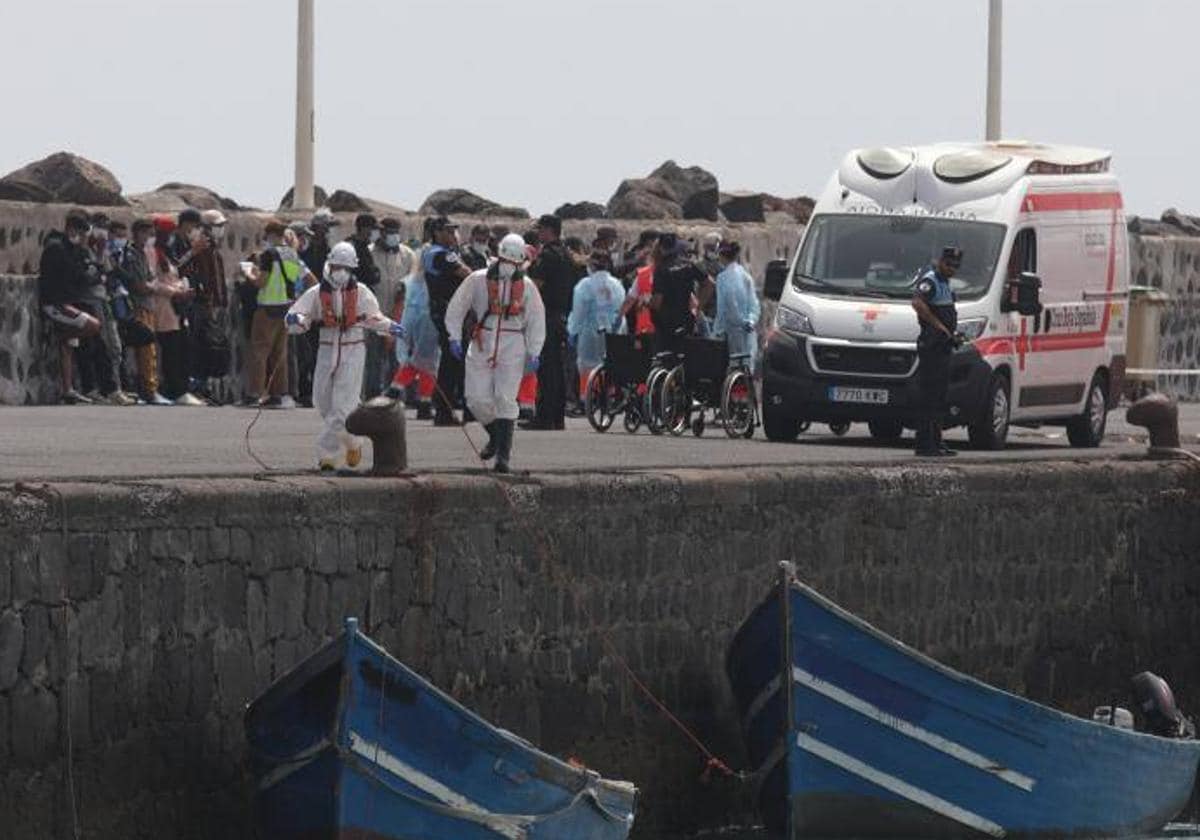González and Zapatero evoke their talent for weaving pacts
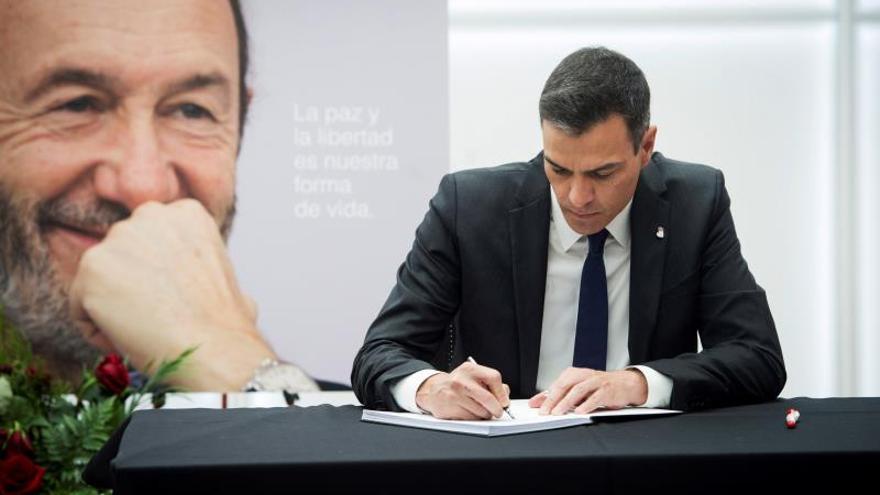
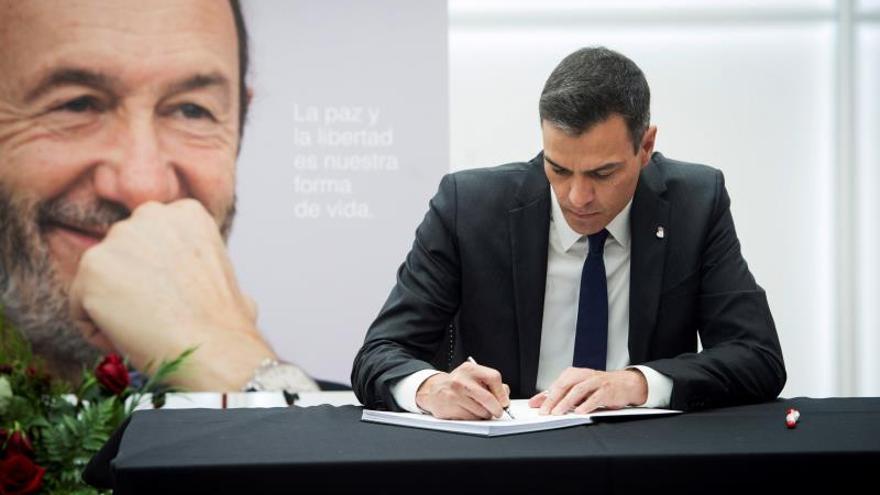
When one year has passed since the death of Alfredo Pérez Rubalcaba and in a scenario disrupted by the pandemic, former Prime Ministers Felipe González and José Luis Rodríguez Zapatero evoke his figure and underline his extraordinary willingness to find common territory to overcome difficulties.
In two interviews with Efe, both former presidents, who had Rubalcaba in their cabinets as minister, spokesperson and even vice-president - in Rodríguez Zapatero's second government - highlight his ability to weave pacts, and they do so on the eve of an anniversary that practically coincides with the start in Congress of the commission for social and economic reconstruction, where the need for consensus gains special strength.
"To weave pacts or conduct tasks of political dialogue, Alfredo was always necessary," emphasizes Rodríguez Zapatero, who also values the "intelligence and capacity for political seduction that he treasured."
Meanwhile, former President Felipe González emphasizes his loyalty. "He was loyal to a project, free to criticize what did not seem right and always willing to find common ground to overcome difficulties," he says.
González says he longs for the critical voice of Rubalcaba but, above all and on a more personal level, "to talk to him, the last day we did it was April 29 of last year" (eleven days before his death).
THE LONG CONVERSATIONS WITH RUBALCABA
"I continue my conversation with him, trying to fill that gap, even if I don't succeed," admits González, who considers that the best tribute that can be paid to him is "respect him, without fuss."
Rodríguez Zapatero also longs for talks with the former PSOE general secretary.
"With both of us retired from political life, we had from time to time long conversations, as we had had many, in the Government, especially in relation to the fight against terrorism. I miss those conversations as I miss their sagacity, their ability to interpret political phenomena and their actors, "he explains.
And about tributes, for Rodríguez Zapatero what is ideal is "the memory alive, keeping with gratitude the memory of his figure, of his career, of the services he rendered to the country, and in particular of his decisive contribution to the end of terrorism."
CRITICISMS THAT BUILD
On Rubalcaba's characteristic of saying what he thought and if that attitude is today a downward value in the party, González admits missing "criticism that builds" although he defends "the freedom to say what is thought, even when they don't meet that goal. "
"It is not a problem of the Socialist Party but of citizenship. Freedom of opinion is inherent to our vision of democratic socialism, in particular, and of every democrat who believes in the values of a free society," he says.
Meanwhile, Zapatero insists that Rubalcaba was an "essential" politician, in the Government, in the opposition, in the task of producing pacts and forging projects.
THE NEGOTIATOR
Rubalcaba is considered for his ability to negotiate in very different areas (from the Catalan Statute to the anti-terrorist pact or educational reform), a quality that González trusts abounds in the current Parliament.
"They have the most difficult task of this era of uncertainty in the face of the pandemic. The constitutional framework must be respected in its entirety and, in this area, advance step-by-step agreements to face this unpredictable horizon," recounts the ex-president González.
Regarding this negotiating talent, Rodríguez Zapatero admits that "sometimes these proclamations of someone who is no longer there may sound rhetorical or routine. This is not the case. Alfredo is one of the great figures of Spanish democracy, therefore, a politician from a very unique relief, from which they only appear very occasionally ".
HIS LEGACY
At the beginning of February, the PSOE announced a series of conferences to reclaim central aspects of Rubalcaba's legacy on the anniversary of his death, focused on peace, education and the autonomous state. Activities that were suspended due to the entry into force of the state of alarm.
Then, from Ferraz it was transferred that there would be a day dedicated to peace in the Basque Country coinciding with the electoral campaign, postponed by the coronavirus.
A conference on education in Madrid and a day dedicated to the autonomous state in Granada due to the symbolism of the Granada Declaration, agreed during his mandate.
González believes that the aspects chosen by his party are in accordance with Rubalcaba's "vital task" and it is a way of paying tribute "attending to all."
Rodríguez Zapatero is of the same opinion. "Those were, without a doubt, three of his great vocations, three tasks in which he displayed a lot of dedication and a lot of talent. And the common thread that united them, which made them recognizable when Alfredo promoted them, was his condition as a servant of the State , of democracy, and of the central, structuring role of the PSOE ".
The former socialist president admits that "it is not easy to unite these three dimensions in political action, to be at the same time a public servant, a good democrat especially from Parliament and a party man, in the noblest sense of the expression. Alfredo it was naturally the three things. "
Begoña Fernández
(File resources at www.lafototeca.com at the URL http://bit.ly/1i58AEC)


